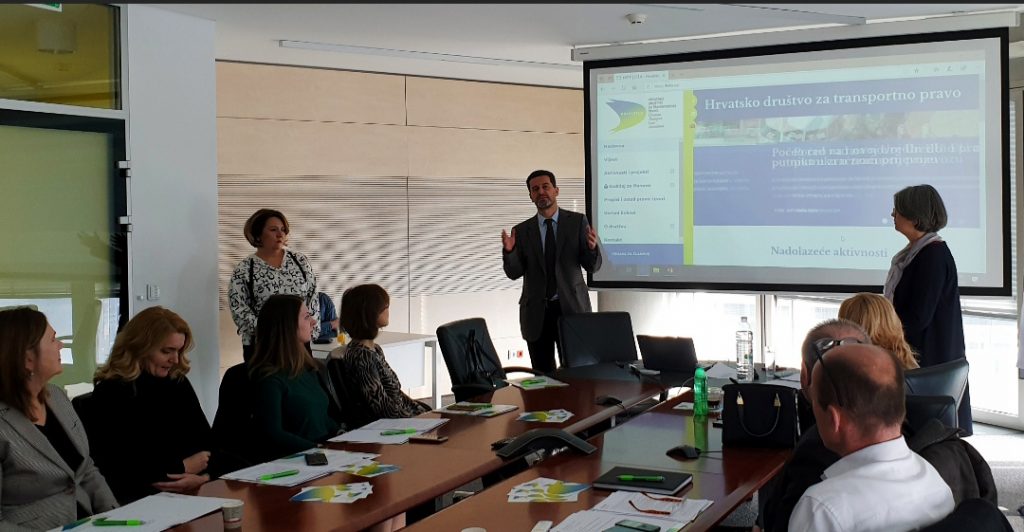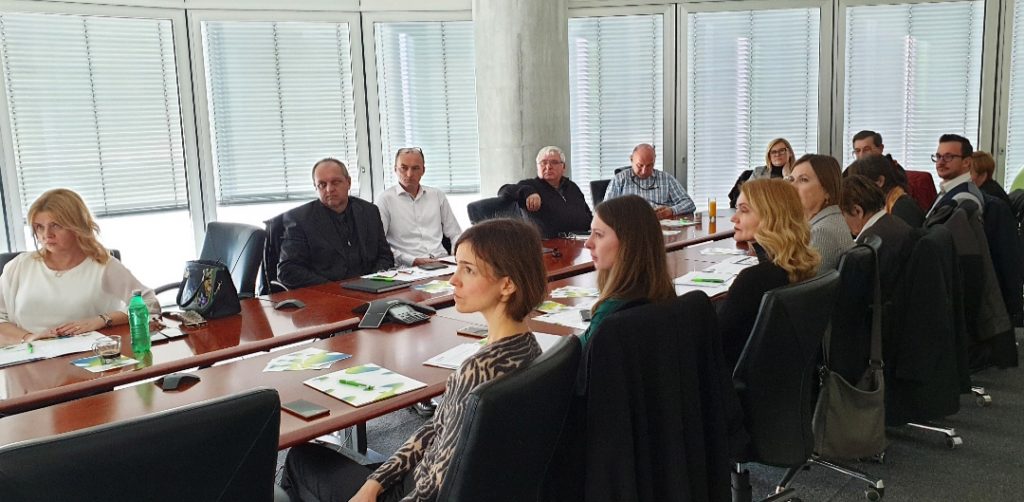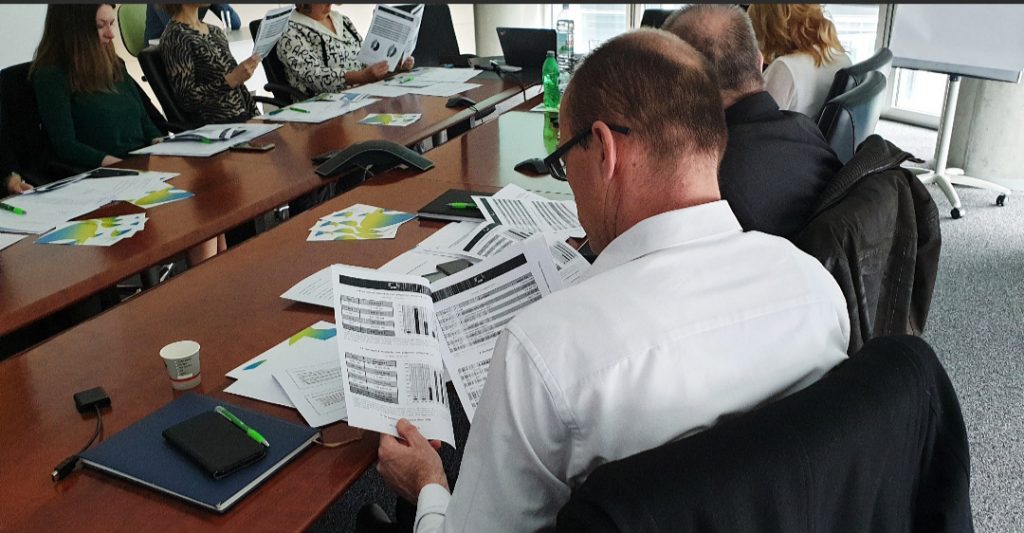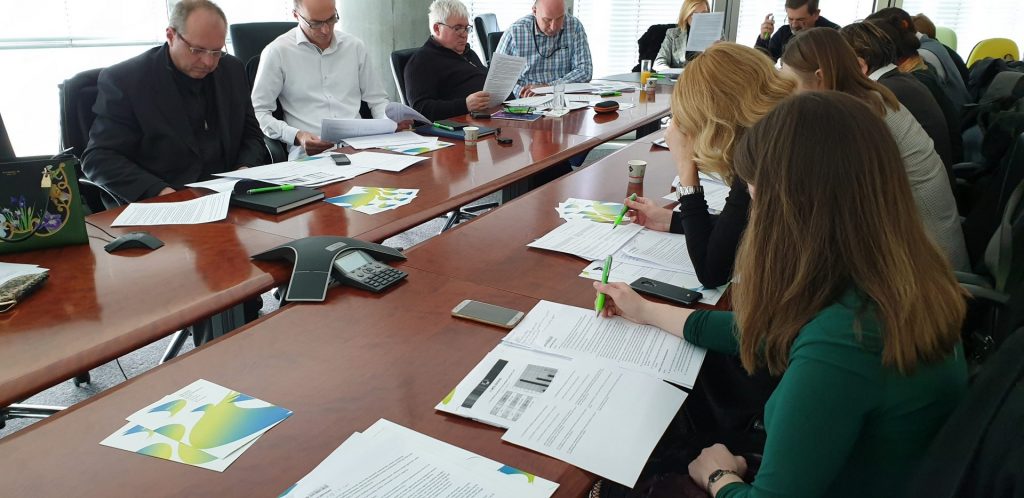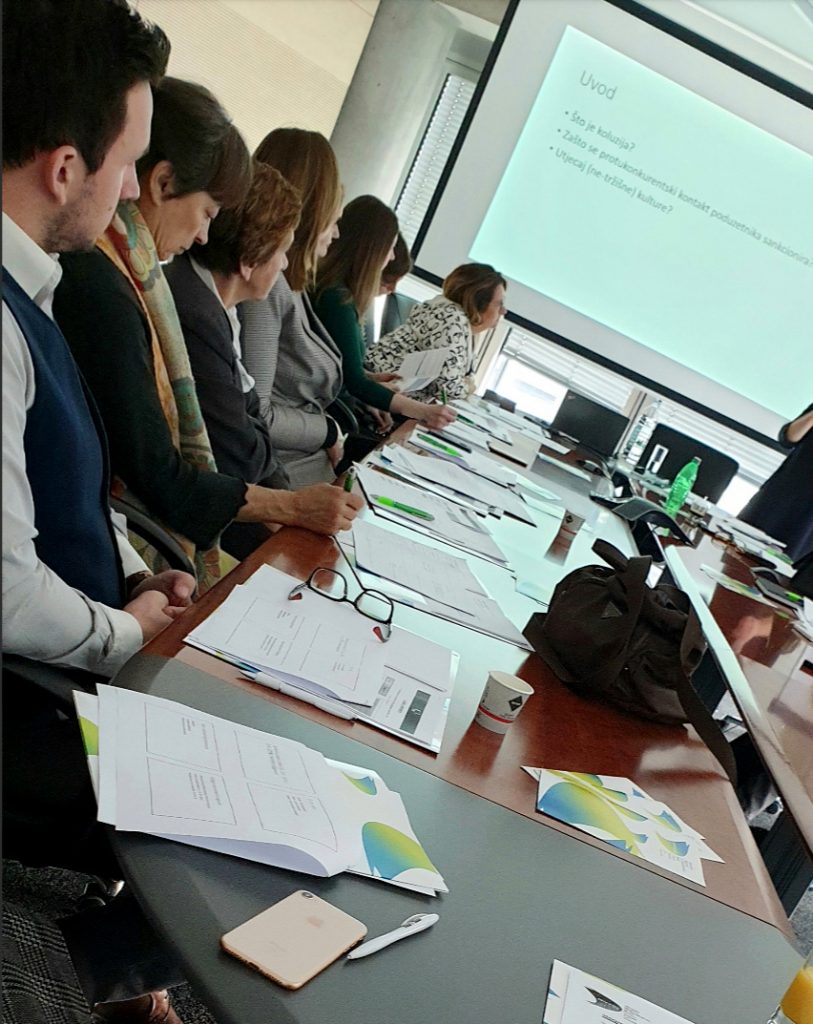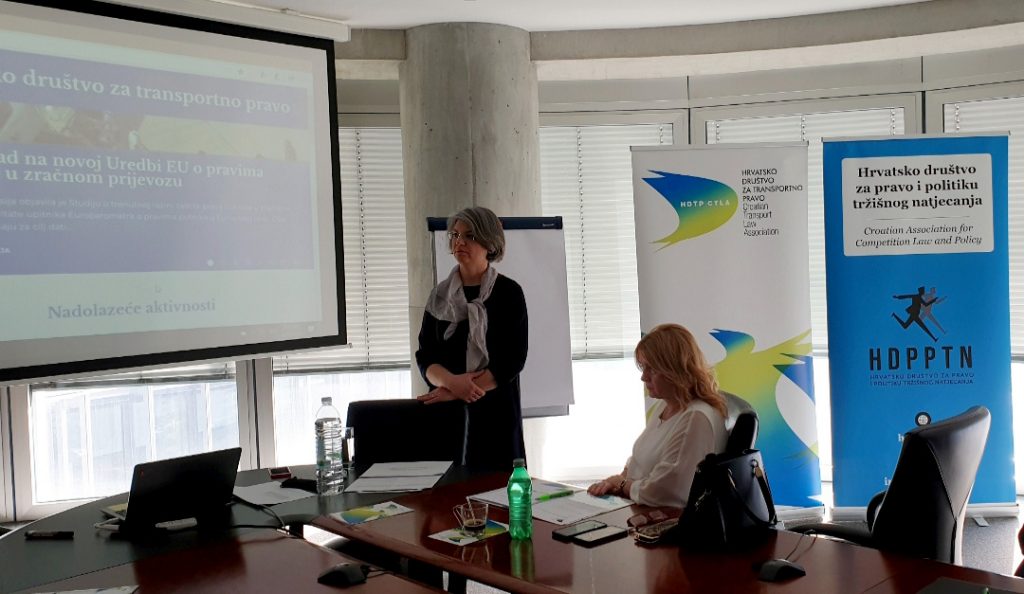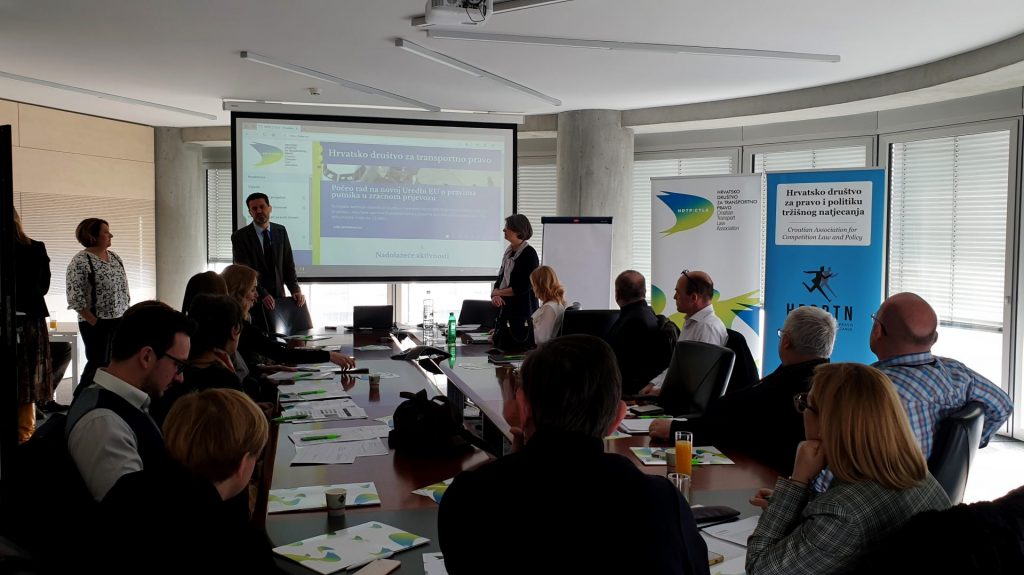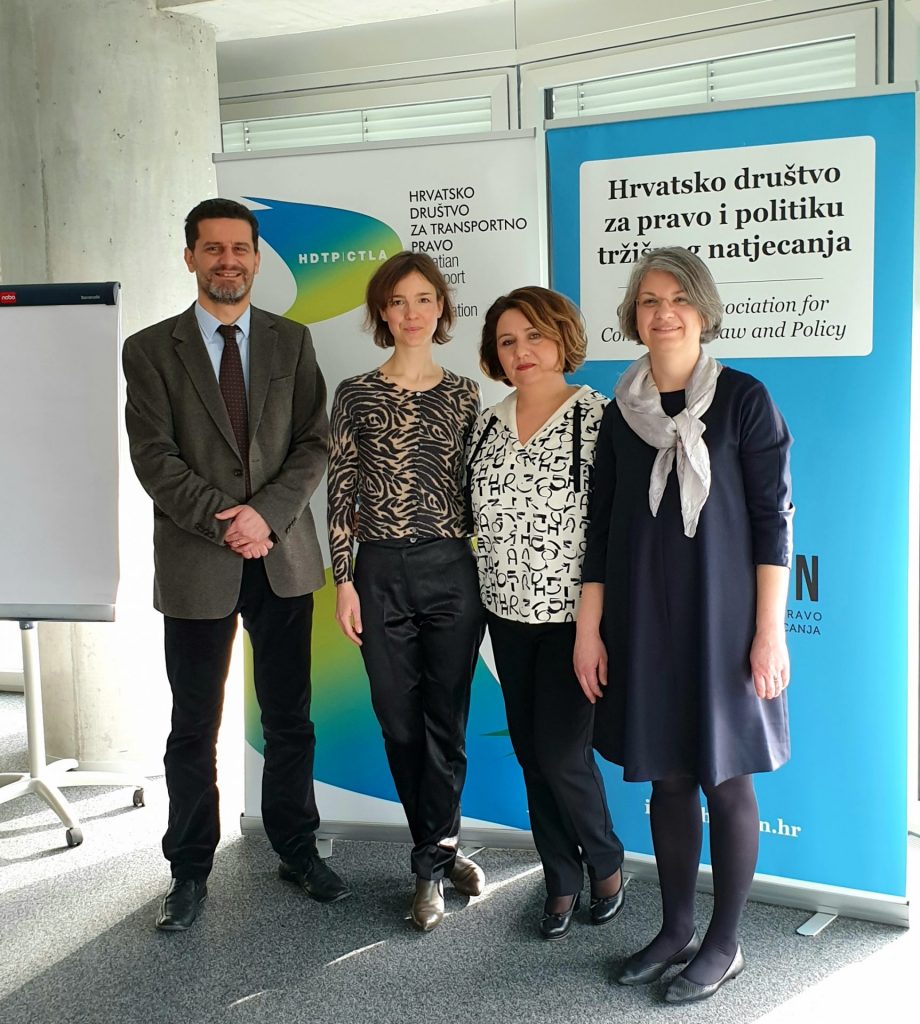On February 19th 2020, the workshop “Introduction to Cartels” was held at the HAKOM premises. This was the third workshop within the “Competition Law for Practitioners” cycle organized by the Croatian Transport Law Association (CTLA), the Croatian Competition Law and Policy Association (HDPPTN) and HAKOM.
The workshop gathered more than twenty participants to whom professor Jasminka Pecotić Kaufman (University of Zagreb, Faculty of Economics, Department of Law) presented the topic of cartel agreements between entrepreneurs from the perspective of European and Croatian law.
Cartel agreements are considered to be the most serious violation of competition law because they lead to a situation of collective monopoly on the market, i.e. to the abolition of competition among competitors that is inherent in a market economy. Although cartels lead to clear negative consequences for consumer welfare (prices in cartelized markets are estimated to be 15-30% higher than they would be if there were no cartels), they generate large profits for the entrepreneurs involved, making them difficult to eradicate globally.
Professor Pecotić Kaufman pointed out the possible difficulties in proving cartels, especially in more developed economies, which on the one hand led to the development of institutes such as immunity for whistleblowers and high fines for perpetrators. On the other hand this led to such development of court practice at the level of the highest European courts, which allows for a more flexible interpretation of Article 101 of the Treaty on the Functioning of the European Union (the doctrine of a single overall agreement and the doctrine of a common classification).
The workshop covered numerous examples from Croatian practice, such as the case of the Osijek Bakery Cartel, the first case in which the Croatian Competition Agency fined perpetrators under the 2009 Competition Act, and the case of the Driving Schools Cartel in Split where the Croatian Competition Agency also acted.
Particular attention was paid to the difference between explicit and tacit collusion, proving a cartel violation in the parallel conduct of competitors in the market, and the arguments that entrepreneurs often make before our authorities, which do not lead to exculpation. In addition, cases of exchange of information between competitors were analyzed, which in certain circumstances may be part of a cartel, and in others may be considered market conduct that does not violate Article 101 of the Treaty on the Functioning of the European Union or Article 8 of the Croatian Competition Law.
At the end of the workshop, Professor Pecotić Kaufman also touched upon the liability of the parent company for the participation of its subsidiary in the cartel arrangement, upon possible settlement in cartel cases which exists as a possibility in proceedings conducted by the European Commission but not in those conducted by the domestic body. She also referred to the immunity issues for cartel applicants and possible compensation to persons damaged by cartel activity on the market.
Like previous workshops in this cycle, this one was extremely useful to practitioners (lawyers, corporate lawyers, etc.). Along with the further development of Croatian legal practice, the topic of cartel agreements and their regulation within the provision of competition law will surely remain one of the key topics for all those interested in internal market law.
Photo: © CTLA, 2020
